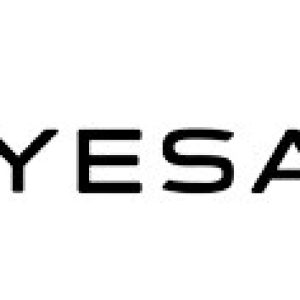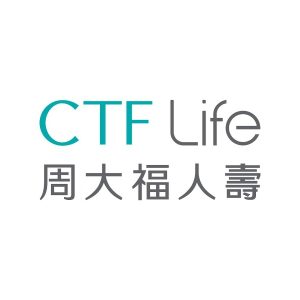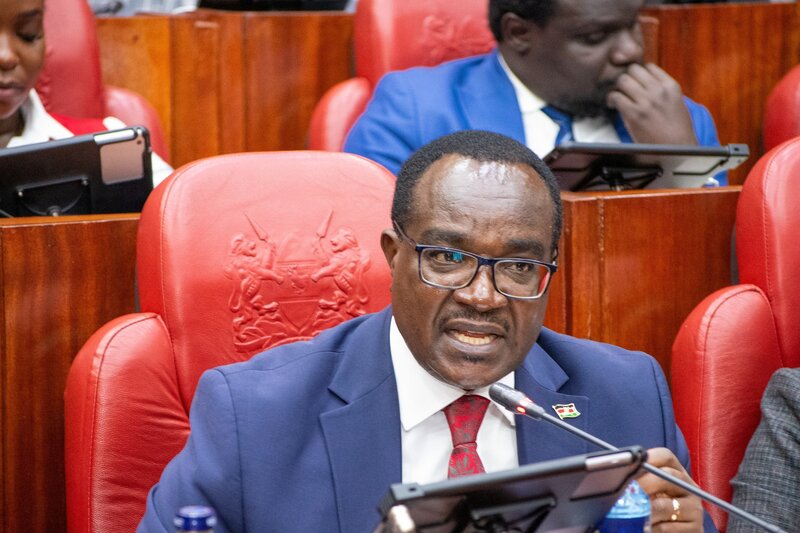
Julius Ogamba, Education Cabinet Secretary
- Government faces fiscal challenges, citing unsustainability of free Education
The government has announced major reforms to its education funding, including a cut in secondary school capitation and the possible reintroduction of exam registration fees.
The changes are attributed to financial pressure and rising student enrolments.
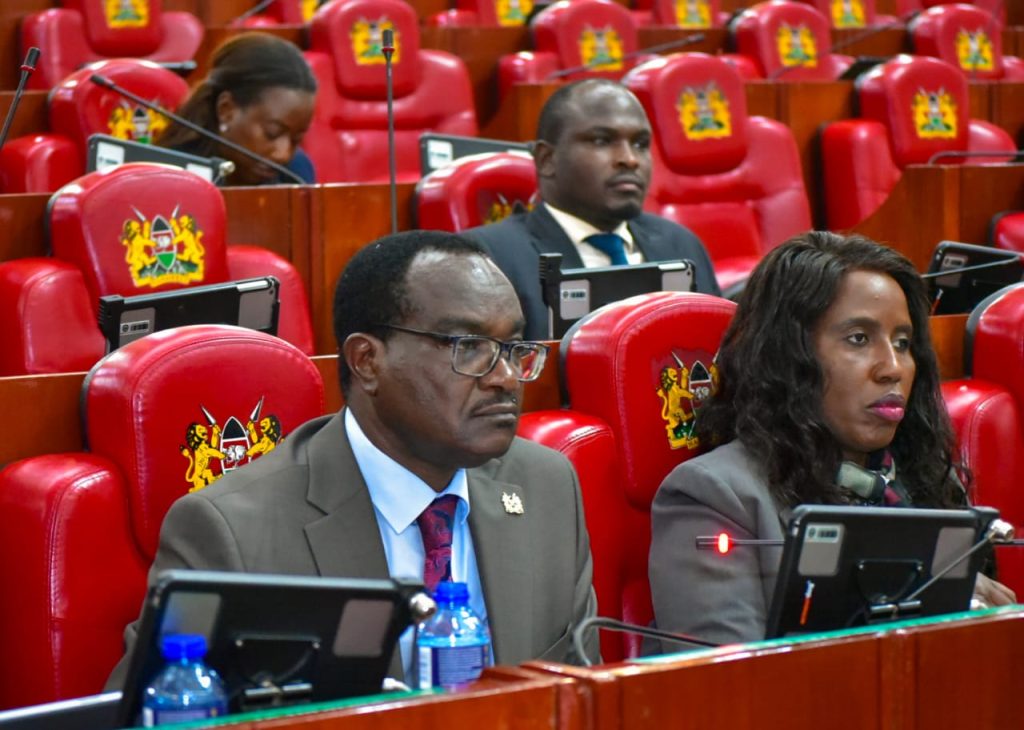
Treasury Cabinet Secretary John Mbadi told the National Assembly that the free basic education programme was made financially unviable by strained public finances and the increased number of learners.
He detailed the current funding structure, stating that learners are awarded tuition and operation costs at a rate of Sh1,420 for primary level.
For junior school, the rate is Sh15,042 per child, while for senior secondary school, the rate is Sh22,244 per child, he said.
He then indicated that the government would now fund Sh16,900 per child for secondary schools, down from the previous Sh22,244 capitation rate limit.
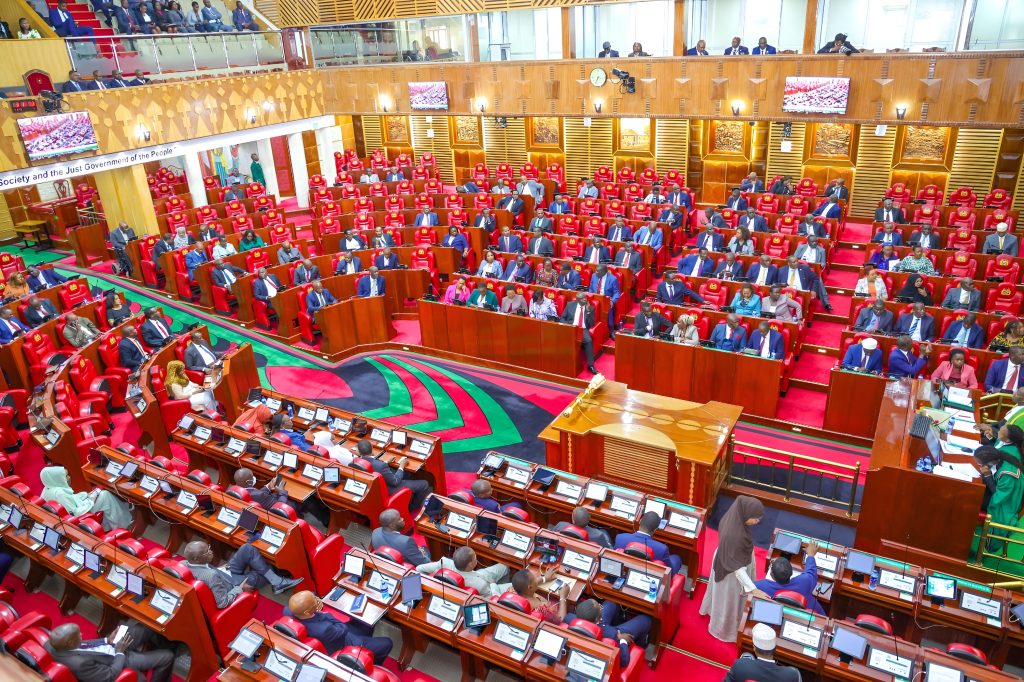
He explained that due to constrained fiscal space and other competing priorities within the education sector, a review of these rates might not be possible, adding,
“The government will, however, consider reviewing this rate should revenue performance improve.”
Mbadi also said that the government was contemplating a proposal to re-impose registration fees on national examinations, affecting millions of students who had been exempted under the free education scheme.
Julius Ogamba, Education Cabinet Secretary who also faced the committee, justified the proposed measures on the basis that budgetary allocations to the ministry had not been increasing in tandem with rising numbers of students.
“This particular figure in the last four or five years has never been attained in budgeting the money that comes to the ministry, and that is because the number of students has been going up, but the figure has been maintained,” Ogamba explained.
Additionally, he said the Ministry had done its best to make sure the funds available were effectively spent and on time.

“Administratively, the ministry has arranged for timely disbursement of capitation at the rate of 50:30:20, first term, second term and third term,” he clarified.
The announcement has stirred controversy on the future of free education in Kenya, which has been a flagship program since its reintroduction in 2003.




